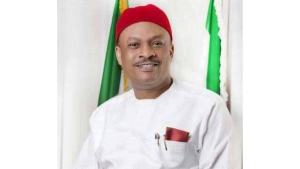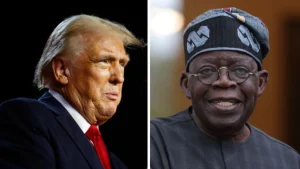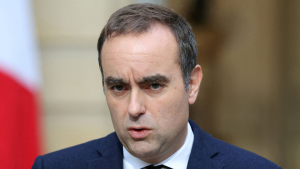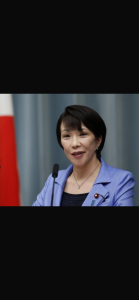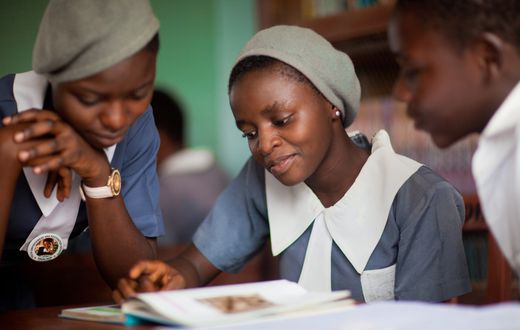
The Federal Ministry of Education has reintroduced History as a compulsory subject for Nigerian students from Primary 1 to Junior Secondary School 3 (JSS3), while Senior Secondary School (SSS1–3) students will study a new subject called Civic and Heritage Studies that combines History with Civic Education.
This landmark move, announced on September 17, 2025, marks the first major curriculum change involving History since its removal in 2009.
The decision to reinstate History addresses longstanding concerns about generational disconnect from Nigeria’s rich heritage and national values.
It aims to provide pupils with a deeper understanding of their origins, cultural diversity, political history, economy, and rulership from primary through junior secondary levels.
For senior secondary students, the integrated Civic and Heritage Studies focus on the practical implications of history for nation-building, democracy, and responsible citizenship.
The reintroduction not only seeks to foster patriotism but also strives to equip young Nigerians with an appreciation of unity, rights, and governance.
However, challenges such as shortages of trained History teachers, especially in rural areas, and the need for relevant textbooks and digital learning materials remain.
The government has promised to address these challenges by retraining educators, providing appropriate resources, and setting up monitoring mechanisms to ensure effective implementation.
Still, the question of adequate funding looms large, as Nigeria’s education budget remains below UNESCO’s recommended levels.
If well-executed, this curriculum overhaul could play a significant role in countering ethnic divisions and civic disengagement among youths by reconnecting them with their historical roots and fostering a stronger national identity.



